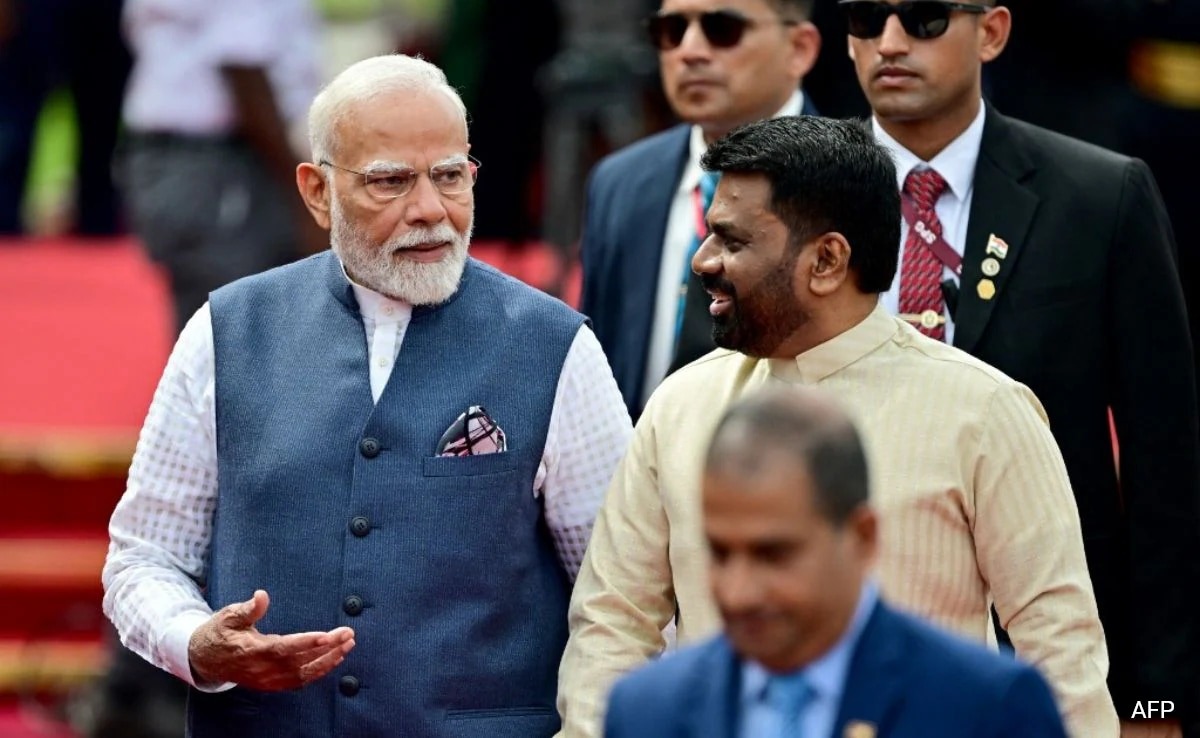India and the United Arab Emirates have reached an agreement to develop an energy hub in Sri Lanka, according to a statement from the Ministry of External Affairs. This initiative comes as New Delhi faces increasing competition from China in the Indian Ocean region. The pact was signed during Prime Minister Narendra Modi’s visit to Sri Lanka, marking the first visit by a global leader since Sri Lankan President Anura Kumara Dissanayake assumed office in September.

The collaboration aims to strengthen ties between India and Sri Lanka, especially as the latter recovers from a severe financial crisis that began in 2022. During this challenging period, India provided approximately $4 billion in financial assistance to support Sri Lanka.
The new energy hub will be strategically located in Trincomalee, which is known for its natural harbor on Sri Lanka’s eastern coast. This project will include the construction of a multi-product pipeline and may utilize a World War Two tank farm, which is partially held by the Sri Lankan subsidiary of Indian Oil Corp. Foreign Secretary Vikram Misri highlighted the significance of the UAE as a strategic partner for India in the energy sector, stating that their collaboration is a first for the region.
Mr. Misri explained that the specific details of the UAE’s role would be clarified once business-to-business discussions commence. The next steps involve selecting business entities that will explore financing and feasibility for the energy hub projects.
In addition to the energy hub, PM Modi inaugurated a $100 million solar power project, a joint venture involving the Ceylon Electricity Board and India’s National Thermal Power Corp. Furthermore, Sri Lanka has completed its debt restructuring process, with the country owing around $1.36 billion to the EXIM Bank of India and the State Bank of India, as reported by the Sri Lanka Finance Ministry.
The debt restructuring discussions began after Sri Lanka defaulted on its debt in May 2022, subsequently signing a preliminary agreement with bilateral creditors, including Japan, India, and China last June. Alongside these developments, India and Sri Lanka have also signed agreements focusing on power grid connectivity, digitalization, security, and healthcare.


Leave a Reply